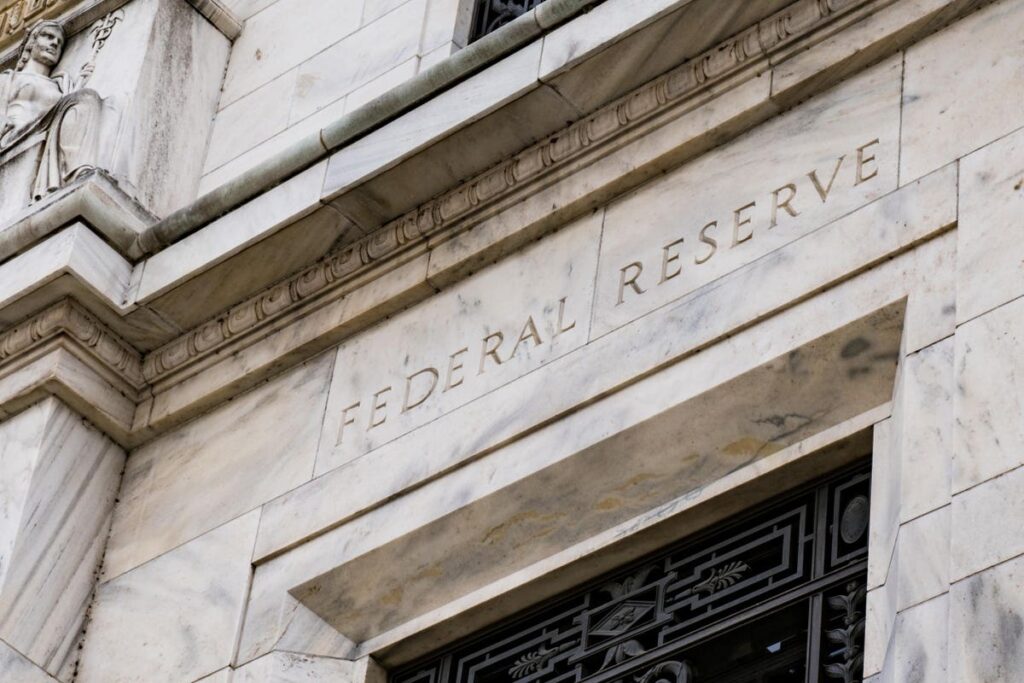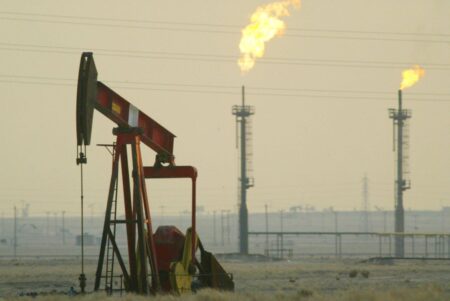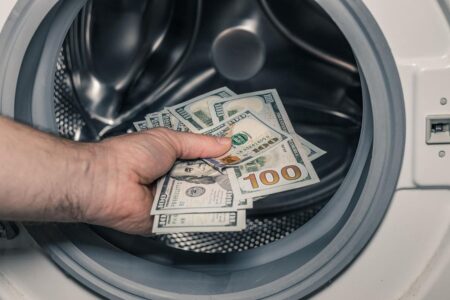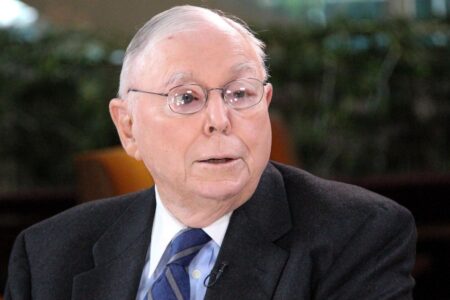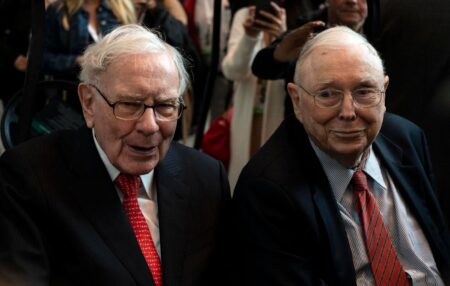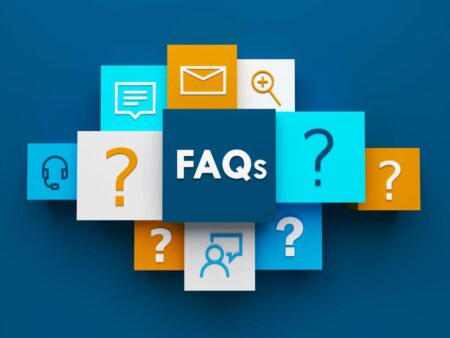What if the Fed keeps raising rates and someday soon 7% is the new benchmark?
In a Times of India interview, the CEO of J. P. Morgan, Jamie Dimon, says the investment world may not be ready for inflation-fighting of that order. As one of the key banking executives globally, Dimon’s words are taken quite seriously.
It’s not that surprising to see concerns like this given the years-long up trend on Treasury yields and what’s described by bond professionals as “the stickiness” of inflation.
The point-and-figure chart for the 2-year U. S. Treasury yield looks like this:
Now at 5.09% and up from the March 2020 pandemic scare low of .13%, it’s easy to see how close 7% looks. Such a move would take this rate back to a level unseen since 1994. The effects on the bond market in general — and on all interest-rate sensitive investments — might be as difficult and dramatic as Dimon suggests.
Here’s the chart for the U. S. Treasury 10-Year yield:
Shown in basis points, the yield at 4.519% is up from the 2020 low of .40%, a remarkable upward trend accompanied by downward bond prices.
The 30-year U. S. Treasury yield chart is here:
This one also shows basis points, the yield now is up to 4.647% from the low in 2020 of .80%. It hasn’t been this high sincshe 2011.
Here’s the chart for the benchmark iShares U. S. 20+ Treasury bond ETF:
From a peak of $168 in early 2020 to the current $90 — that’s a 46% drop in just over 3 years. If Jamie Dimon’s warning about a 7% yield were to unfold, it’s possible this ETF could get back to that 2013 low at $80.
The interest rate sensitive world — including REITs, utilities, regional banks and many other related sectors — would all find it painful.
It all depends on inflation stickiness and how the Fed reacts.
Read the full article here
